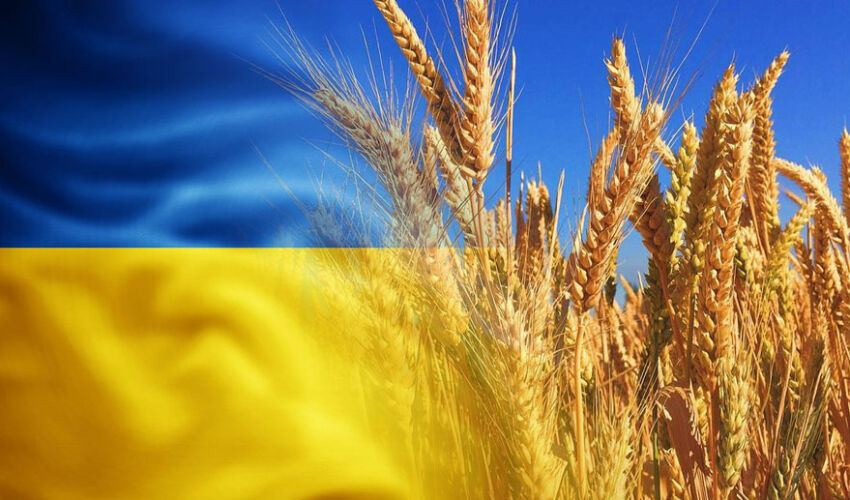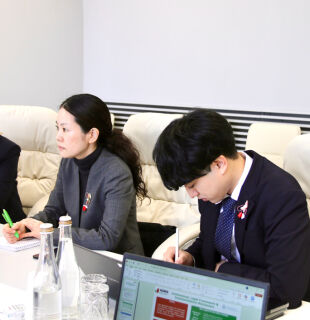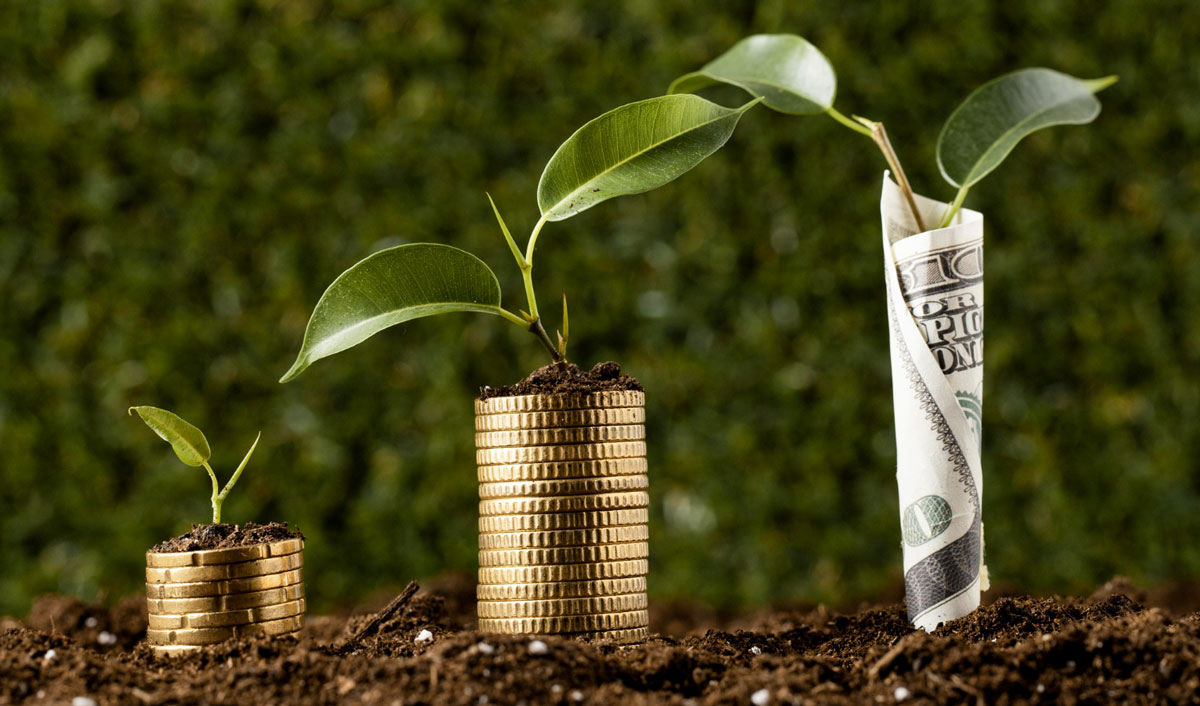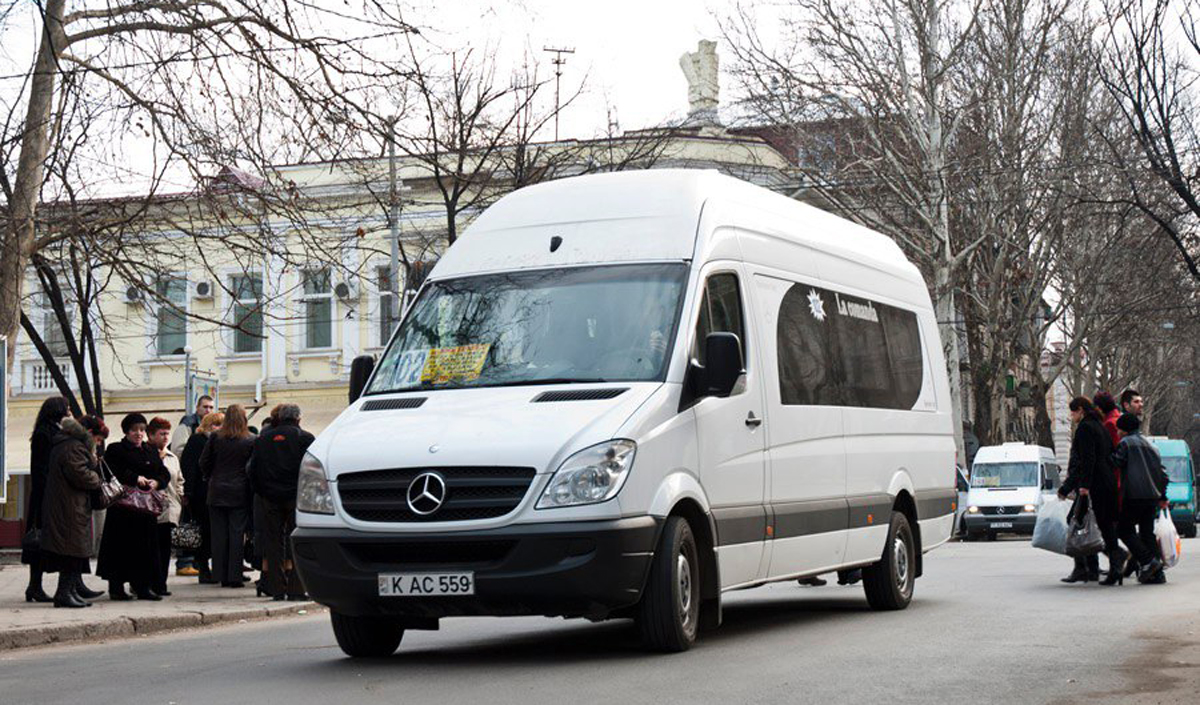
The restrictions, which were lifted in 2022 to support local farmers, were reintroduced by the European Commission at the end of last week. However, the quotas will be a temporary measure, the bloc is working on revising the EU-Ukraine Deep and Comprehensive Free Trade Area (DCFTA).
The quotas, available until the end of 2025, will be 7/12 of the usual annual volumes, as they will only come into effect in June.
No Member State opposed the decision. Sweden, the Czech Republic, Denmark, Estonia, Finland, Germany, Ireland and Lithuania abstained.
Agricultural exports are crucial for Ukraine’s economy. The easing of trade terms with the EU has helped Ukrainian farmers overcome difficulties, including the temporary loss of their main export route across the Black Sea and production difficulties.
However, the surge in exports of relatively cheap Ukrainian goods to the EU market has led to resistance from local farmers in countries such as Poland, Hungary and Slovakia.
It should be recalled that at the same time, in 2022, the EU also introduced privileges for products from Moldova.
On June 9, 2022, the European Commission adopted a regulation allowing temporarily improved market access for seven types of agricultural products from Moldova, which were still subject to tariff quotas when imported into the EU (plums, table grapes, grape juice, cherries, tomatoes, garlic, apples).
This provision has been extended twice since then and expires on June 6, 2025. So far, there have been no reports from the Moldovan authorities on negotiations to extend this benefit.













